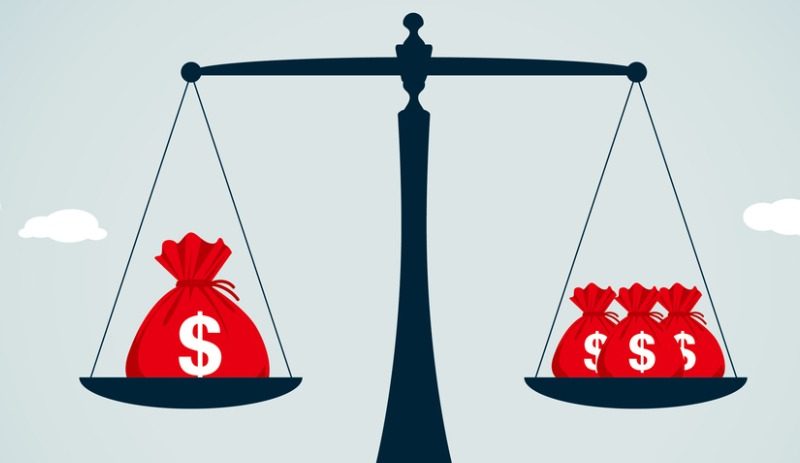Does your bank reckon you should have your KiwiSaver with them, all under one roof? Read this first
I banked a cheque the other day (yes, I know! Some people are still using cheques) and as I stood there at the counter, the teller asked me if I had my KiwiSaver with the bank.
“No, it’s elsewhere,” I said.
“Why don’t you bring it to us?” he asked.
“Because I’m with another bank and their fees are lower,” I said.
“But you should have your KiwiSaver with your everyday bank,” he argued.
Now this made me a bit angry pants. Generally speaking, there’s zero benefit to you as a consumer to have your KiwiSaver bundled with your everyday bank. Sure, some people can’t handle the idea of dealing with multiple banks, but let’s be clear: you don’t get a kickback from your bank, or a thank you card at Christmas, for having it all together in one big financial lump.
The bank, of course, does benefit; they get your extra business.
I asked our man at the bank why I should have my KiwiSaver with the bank. What benefits would the bank give me?
“It just makes sense to have it all together,” he said, shifting uncomfortably in his seat, realisation dawning that the woman who had just banked a cheque (I KNOW – A CHEQUE) might have been born at night, but it wasn’t last night.
I gave him a hard time for a while, and I hope he won’t continue trying to persuade people into bundling their KiwiSaver, “just because”.
I’m not the first person to experience this. Journalist Tamsyn Parker wrote about it for the NZ Herald, where Financial Markets Authority spokesperson Paul Gregory said that people approached by their bank to switch their KiwiSaver business should ask for three reasons why they should switch and then ask the bank to back up those reasons with evidence.
“If they say they have the top performing fund in the last five years ask them to prove that. Make the person work for the business.”
Banks have an obligation to represent their KiwiSaver scheme in a way that’s accurate and balanced, and above all, they should put the customer’s interests first, says Paul, and remember that bank tellers may get a commission for sales they make.
Personal finance writer Diana Clement says:
“I’m horrified to hear this. As far back as 2014 the Financial Markets Authority put banks on notice for using underhand tactics to lure customers’ KiwiSaver accounts away from their competitors by using the ‘do you want KiwiSaver with that’ approach.
“The FMA investigated and found that banks were using all sorts of tactics such as asking customers if they would like to be able to access their KiwiSaver information online alongside other bank account information, without explaining that this will mean the customers must transfer their KiwiSaver to the bank. Or, signing customers up for a credit card, personal loan or other products and providing a KiwiSaver transfer form alongside other documentation for signing, leading to customers inadvertently agreeing to transfer their KiwiSaver to the bank.
“Tellers don’t the skills and training to provide adequate advice for individuals to make a decision at the counter about the future of their retirement savings. If you’re approached in this way about your KiwiSaver account, proceed with caution.”
The information in this blog post is general in nature and does not constitute personal financial or professional advice. It is not intended to address the circumstances of any particular individual. We do not guarantee the accuracy and completeness of the information and you should not rely on it. Before making any decisions, it is important for you to consider your personal situation, make independent enquiries and seek appropriate tax, legal and other professional advice.
Credit Simple
Credit Simple gives all Kiwis free access to their credit score, as well as their detailed credit report. See how your credit score compares by age, gender and community and gain valuable insights into what it all means.
All stories by: Credit Simple


